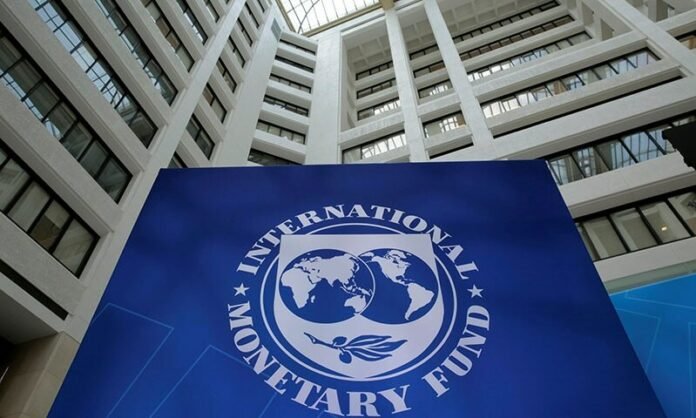The International Monetary Fund (IMF) has decided to send a mission to Pakistan next week, four months ahead of schedule, to assess the country’s progress on its $7 billion bailout package. This early review comes after Pakistan’s mixed performance in meeting the agreed-upon conditions.
The IMF’s early intervention highlights the importance of the program for both IMF management and board members, offering a chance to reassess targets that, according to Pakistani officials, may have become outdated just one month after the loan’s approval.
Diplomatic and government sources informed The Express Tribune that the IMF mission will be led by Nathan Porter, the Chief of the IMF Pakistan Mission, and will focus on reviewing Pakistan’s progress in meeting approximately 40 conditions set in exchange for the bailout.
Finance ministry spokesperson Qumar Abbasi did not respond to requests for comment. Officials clarified that the IMF’s visit is intended solely to review Pakistan’s performance for the July-September quarter.
While past IMF reviews have been conducted quarterly, the new program stipulates biannual assessments. The IMF’s staff report, released after the loan approval, initially set the first review for March 15, 2025, with performance and continuous criteria due by December 2024.
However, the upcoming mission will arrive just a month and a half after the loan’s approval and four months ahead of the planned review. It will assess the results of the July-September targets and progress for the second quarter, covering October-December 2024.
Outgoing IMF Resident Representative Esther Perez also did not respond to inquiries about the mission’s objectives, given that the next review was expected in early 2025.
Read more: Govt finalises tariff cuts, revises PPAs with 18 IPPs for reforms
Within the Pakistani government, opinions are divided on whether to adjust program targets or stick to the original goals despite some early setbacks. One faction favours resetting certain targets, particularly those related to revenue, while others contend that the IMF’s position during loan approval leaves little room for renegotiation.





